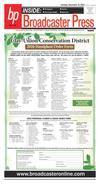041117_YKBP_A7.pdf









Broadcaster Press 7
April 11, 2017 www.broadcasteronline.com
H me
Impr vement
and
The Best Time to Buy a New
Car and Other Cost-Saving Tips
Shopping for a new car can be an exciting and sometimes stressful process. A
vehicle is one of the largest purchases a
person will make in his or her lifetime, so
choosing an automobile requires careful
research and some comparison shopping.
According to IHS Automotive, there are
more than 250 million registered passenger
vehicles in the United States. In Canada,
33,168,805 vehicle registrations were
reported by Statistics Canada in 2015. With
so many cars and trucks on the road, it’s
important for drivers to get a vehicle that
meets their needs and fits their budgets. The following are some pointers for
prospective buyers looking to save some
money on their next vehicles.
Wait for model changeover
Pay attention to news regarding which
vehicle models will be retired or redesigned, as this may indicate which vehicles
might be offered at the best deals. The
model year should also be considered
when looking for a new car. Many buyers
are naturally attracted to the newest model
year, feeling that if they’re going to pay a
lot for a car or truck, they want to do so for
the newest available model. Buyers who
don’t need the newest model available may
find a better deal than those who do.
Choose a different body type
The National Automobile Dealers Association advises that pickup trucks and SUVs
continue to command high prices. Shoppers who look at sedans, compact cars and
even luxury vehicles may be able to get a
better price than those looking for trucks
or SUVs. Buyers should assess their needs
and see if a different body style or category
of car fits their needs and their budgets.
Shop the end of the month
No matter the month, waiting until the
last week of the month may be a good time
to buy. Sales managers and dealerships in
general have a monthly quota to meet and
are compensated accordingly. Negotiating
at this time means shoppers can get a good
deal, while salespeople can move vehicles.
Choose the right day of the week
According to a study by TrueCar.com,
an automotive pricing and information
website, Sunday is the best day of the week
to purchase a vehicle. Buyers can expect to
pay as much as $2,000 more for the same
vehicle on Friday than those who shop on a
Sunday. Monday is also a good day, as there
is less foot traffic and it may be possible to
wrangle a better deal. Waiting until the end
of the day can be advantageous, too. Salespeople may be anxious to close out sales so
they can get home at quitting time.
Get financing ahead of time
Knowing your budget ahead of time and
prearranging financing can put shoppers
in a better position when it comes time to
negotiate. Strong credit scores and decent
down payments make certain buyers better
prospects for dealerships. It also may mean
their purchasing power can translate into
better deals.
Shopping for a new car can be challenging and exciting all at once. Purchasing at
the right time can save drivers money and
get them in the car of their dreams.
nMetro Creative Connections
Romsdahl’s
Repair & Remodel
Carpentry, Interior
& Exterior, Painting,
Refinishing, Drywall, &
Ceramic Tile
Free Estimates
605-670-2161
605-670-2161
HERREN • SCHEMPP
BUILDING SUPPLY
Locally Owned & Operated
Headquarters for the
Builder/Handyman
Through the years, cars have evolved so
much that certain parts once integral to their
operation have now become obsolete. Only
time will tell which components and features
of today’s cars will disappear in the future.
However, present drivers can reminisce
about how cars have evolved even in the last
20 to 30 years. The following are some oncestandard parts and features that have all but
disappeared from modern vehicles.
Ashtrays and cigarette lighters: Smokingrelated accessories began to vanish as the
dangers of smoking became more apparent.
Ashtrays in the dashboard and in the rear
armrests are no longer standard.
Full-sized spare tire: The “doughnuts”
of today can be driven on for only limited
distances and look awkward on larger vehicles. The full-sized spare enabled drivers to
New or preowned vehicles are significant
investments. New cars might be more expensive than preowned models, but according
to Edmunds, the average cost of a preowned
vehicle is around $16,000.
Preowned vehicles seem and often are consumer-friendly options. However, preowned
vehicles always carry some measure of risk.
Unless a vehicle is covered by a warranty,
consumers take that risk on themselves.
One way for buyers to reduce any anxiety
they may have about preowned vehicles is to
learn as much as they can about automobiles
and spotting potential lemons. Despite the
availability of vehicle history reports, some
lemons still make it onto used car lots. The
following are a handful of ways buyers can
protect themselves from buying lemons.
Research vehicles through reputable
sources. Investigate the reliability ratings of
certain vehicles on reputable sites such as
Edmunds.com, the National Highway Traffic
Safety Administration website (NHTSA.gov)
and Kelly Blue Book (kbb.com).
Ask the right questions. Once you find
a vehicle that interests you, ask pointed
questions about its condition and features.
Relatively new cars with high mileage may
raise red flags, so ask how many owners
such vehicles had and if maintenance records are available. Consumer Reports says
a high-mileage car used on a long highway
commute is better than if the car does many
short trips or stop-and-go driving. Also ask
if a vehicle you’re considering has been in
an accident or if there are any recalls on the
make and model.
Request a vehicle history report. Ask to
see a copy of the vehicle’s history report.
Such reports may include information about
major accidents, mileage counts, number of
HOURS:
M-F
9AM-6PM
SAT
9AM-12PM
www.herrenschempp.com
owners, airbag deployment, and many other
clues that can shed light on the condition of
the vehicle. The report also may included
warranty information and whether the car or
truck was branded a lemon.
Conduct a visual inspection. Look at the
vehicle for certain telltale signs of wear and
tear that may indicate you should not buy
the vehicle. Such indicators may include prematurely worn pedals or a sagging driver’s
seat. Check for dents, chipped paint, mismatched body panels, body filler, or sloppy
repair work. Inconsistent welds around the
hood also may indicate the car has undergone significant repairs.
When looking under the hood, Consumer
Reports suggests paying attention to the
level of grease and corrosion on the engine,
radiator and battery. Check for wet spots
that may be indicative of leaks. Melted wires
or blackened areas can be a sign of an engine
overheating or even a fire.
Rely on a trusted mechanic. Ask a
mechanic you trust to give the vehicle a thorough, professional inspection. He or she may
be able to spot signs of a lemon more readily
than amateurs.
Purchasing a car can induce some anxiety. Research and patience can calm buyers’
nerves and ensure they find the right vehicle
at the right price.
nMetro Creative Connections
YANKTON, SD
402-360-2504
605-660-9008
• WOOD & METAL BUILDING • TANKS
• ELEVATORS • GRAIN BINS • HOUSES
• FOUNDATION COATING
Statewide Service
CALL TODAY FOR A FREE ESTIMATE
1205 CARR STREET • VERMILLION • 605.670.0471
BlainesBodyShop@gmail.com
• Water Lines • Sewer Lines • Septic Tanks • Excavation
• Demolition • Tree Removal • Site Clearing • Grading • Hauling
Now serving the Vermillion
& surrounding areas
• Service • Building Materials
• Ceilings • Cabinetry • Insulation
• Lumber • Plywood • Sheetrock
• Siding • Roofing • Doors
• Windows • Milwork • Paint
1000 W. Cherry St. • Vermillion, SD
Mon-Fri 7:30 a.m. - 5:30 p.m. • Sat 7:30 a.m. - 5 p.m.
888-624-2058 • 605-624-2058
repair the flat tire on their own schedules.
Control knobs: Push buttons and digital
dashes have replaced the manual knobs of the
past. Levers often enabled drivers to adjust the
heat without taking their eyes off the road.
Bench seats: Front bench seats have given way to two seats separated by a center
console. No longer is it possible to fit three
or four people in the front of a vehicle.
Whip antenna: Remember those thin,
flexible antennas? Many modern vehicles
feature more solid antennas that can be
unscrewed for trips through the carwash
or an antenna that is modeled into the car
in an inconspicuous way. If drivers exhibit
a preference for satellite radio in the years
ahead, traditional antennas may soon become obsolete as well.
nMetro Creative Connections
Recognize and Avoid
Buying a Lemon
• AUTOMOTIVE COLLISION REPAIR
• PAINT • FRAMEWORK
• GLASS REPLACEMENT
18 Years In Business
FREE ESTIMATES
Did you know?
COMMERCIAL
& RESIDENTIAL We use:
Henderson’s
Ultimate
CAR WASHES
Two Locations Open 24 Hours • 815 Princeton St • 921 E Cherry St • Vermillion
605-670-3210
Visit us at www.jlkconstructionexcavation.com
For that Spic-and-Span
show room quality shine!


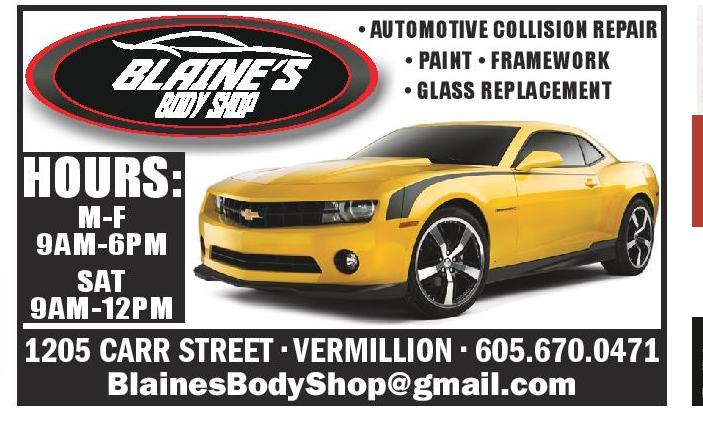



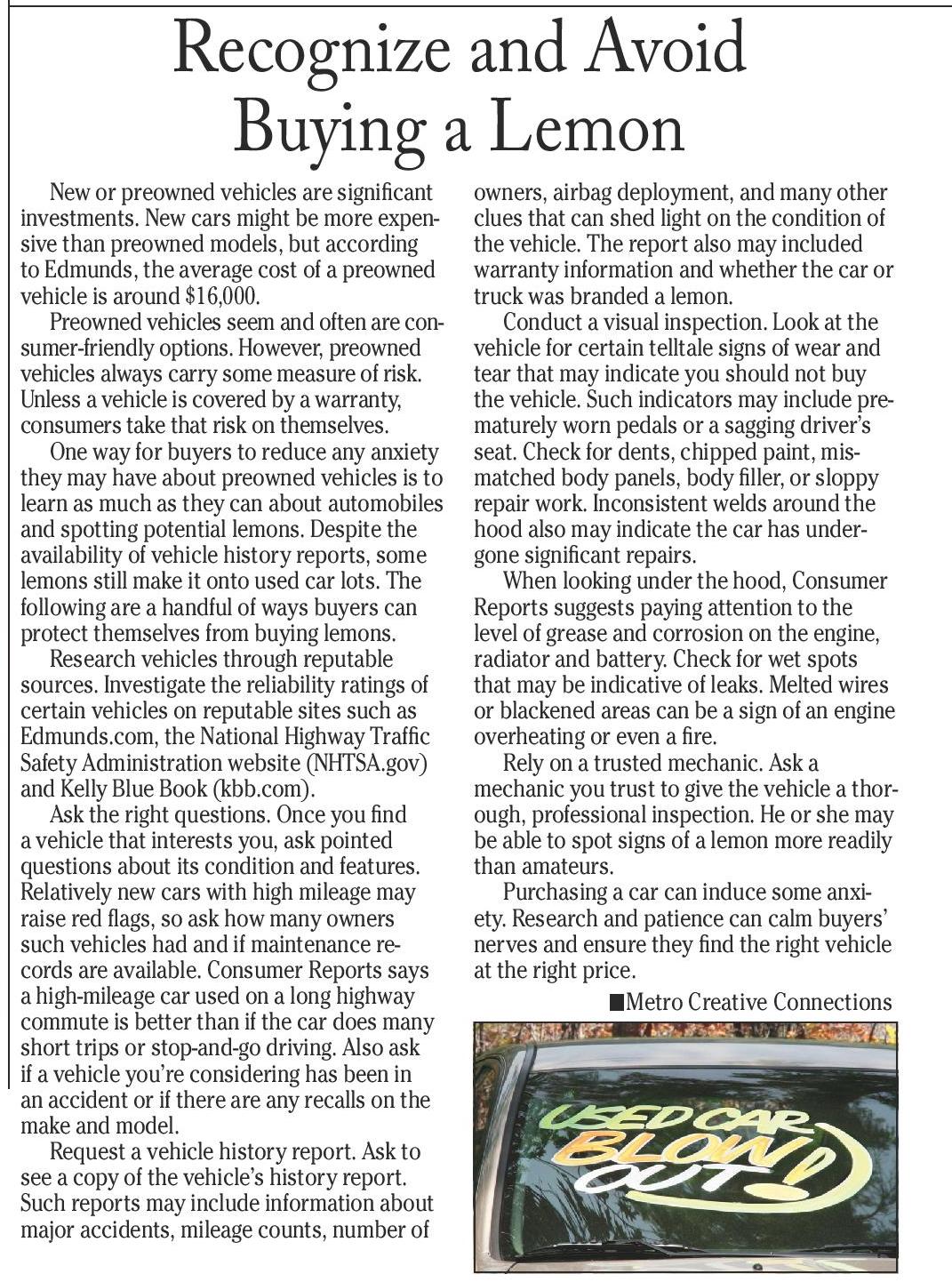
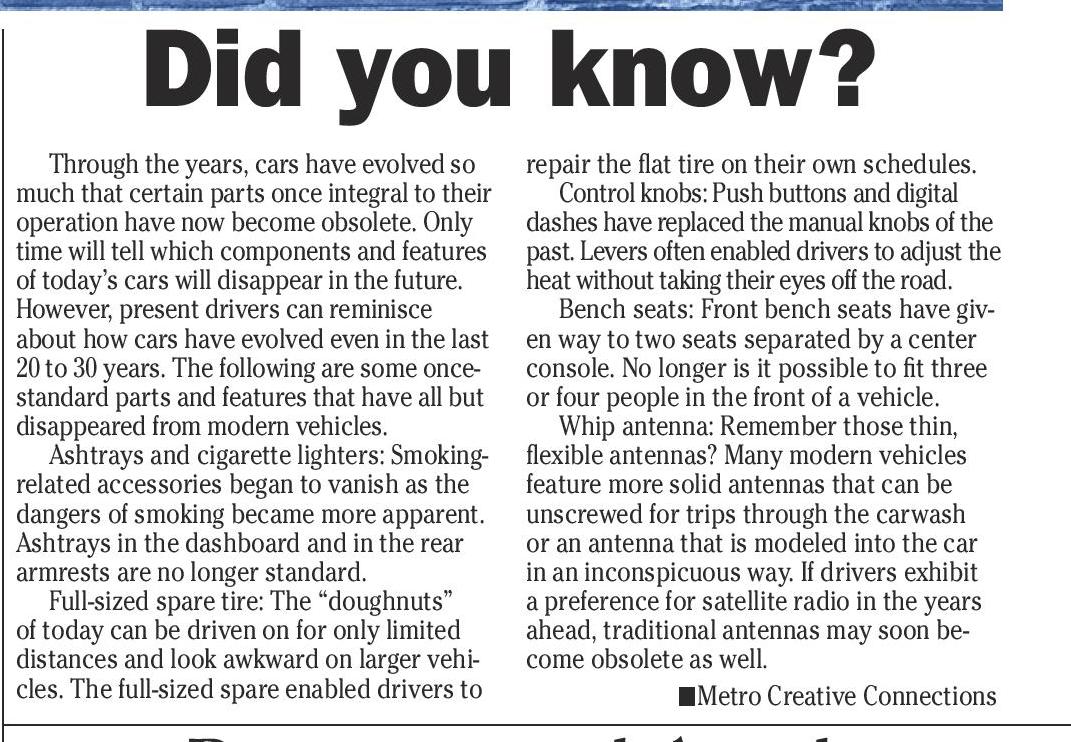


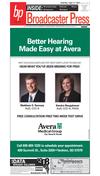
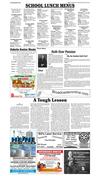
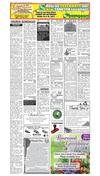
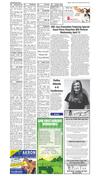
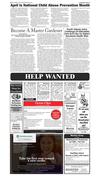
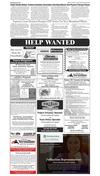
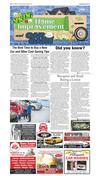
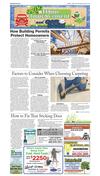
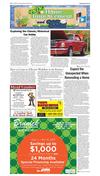
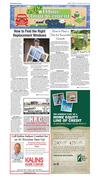
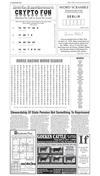
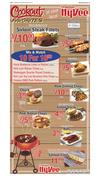
 Previous Page
Previous Page






